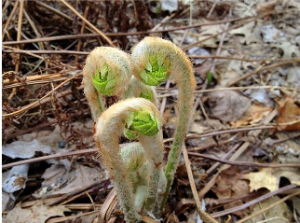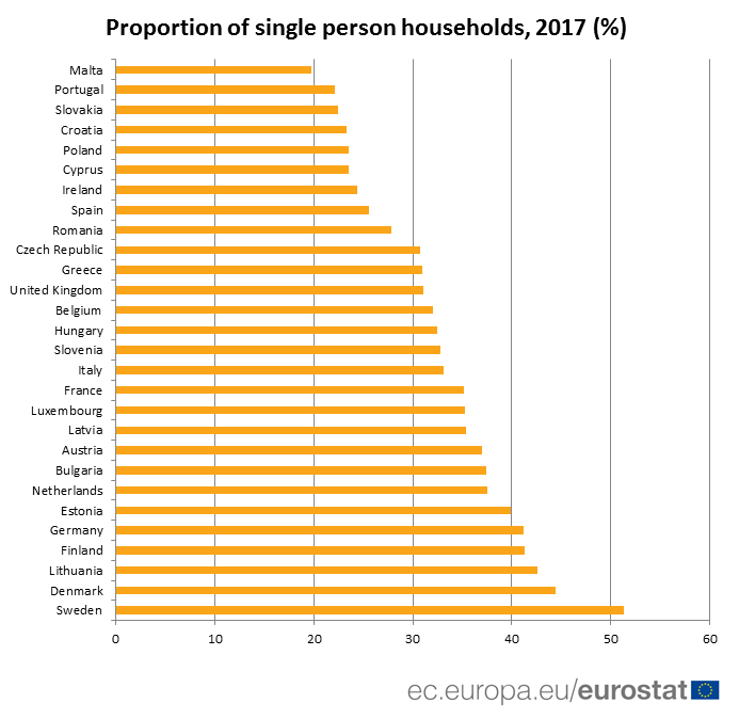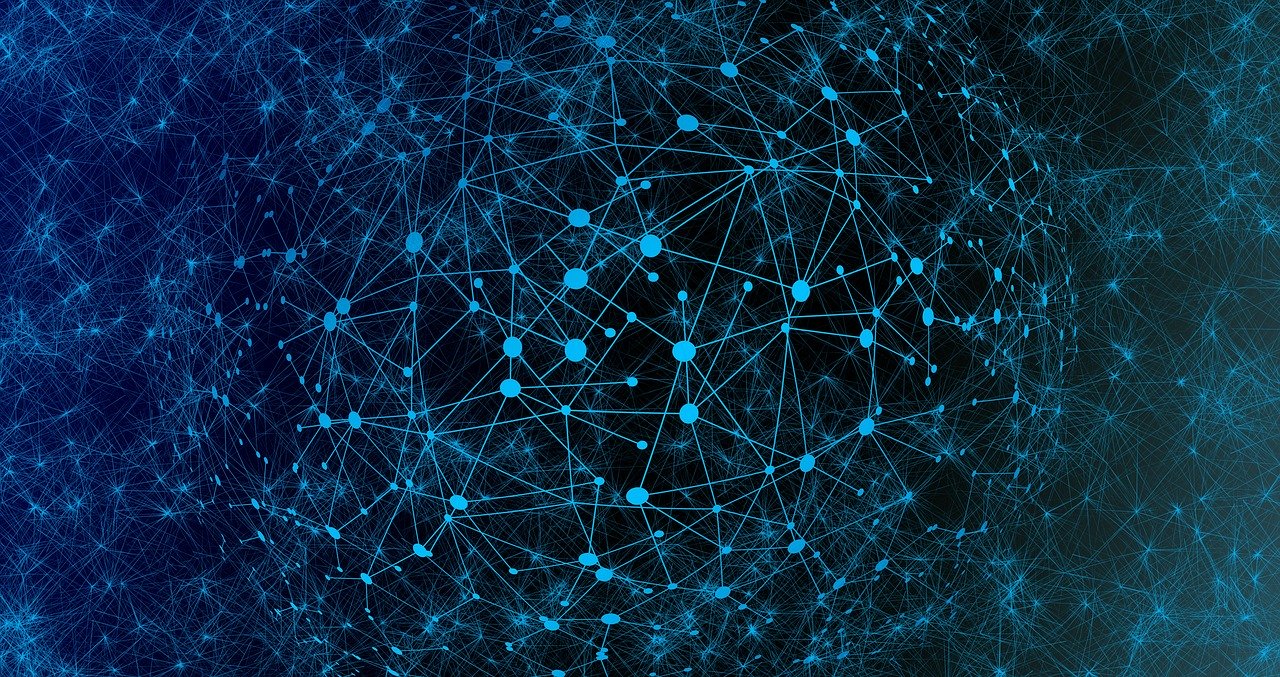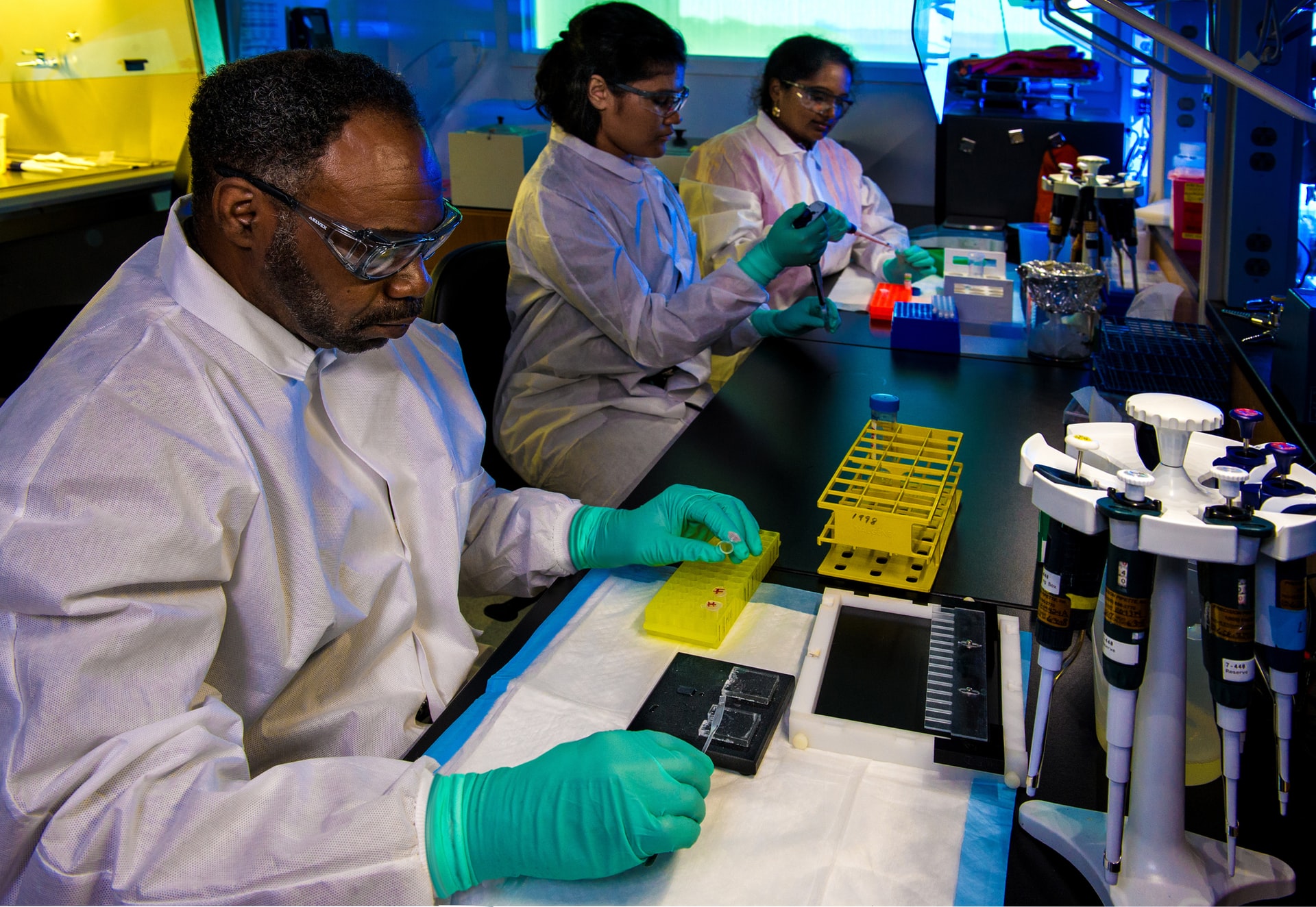
How the current isolation affects us and especially the most vulnerable
“I think it’s very healthy to spend time alone.
You need to know how to be alone and not be defined by another person.”
– Oscar Wilde
What a strange world we live in these days! Due to the outbreak of Covid-19 and the current pandemic, public authorities across Europe decided in March that social distancing measures are necessary to slow down the spread of the virus. Social distancing, also called ‘physical distancing’, means maintaining space between yourself and others.
But is physical isolation not directly linked to social or emotional isolation? What happens when the beneficial ‘alone time’ described by Oscar Wilde exceeds the quantity of time we would like to spend alone? How do the elderly or people with neurodegenerative diseases such as Alzheimer’s perceive these times?
Loneliness is defined as a subjectively experienced aversive emotional state resulting from unfulfilled social needs [1]. Unlike depression or anxiety, loneliness is not clinically recognised; therefore, those who feel chronically isolated cannot be diagnosed or treated. However, loneliness makes us more susceptible to infections as it weakens the immune system.
How loneliness turns into disease
“Inflammation fuels disease processes in a host of devastating illnesses, including atherosclerosis, Alzheimer’s and cancer. […] Inflammation is not the disease itself; rather, it serves as a kind of molecular fuel that helps the disease thrive and grow.” [3]
When we experience loneliness, our body produces a defensive reaction at the cellular level to prepare it for any coming dangers. A part of our defense capacity is used for this.
 “Our bodies see loneliness as a mortal threat. When we’re alone, there’s no one to help us fight off that saber-tooth tiger or the hostile war party from the next village. Sensing that we are isolated and at risk, our bodies ramp up their defences in anticipation of the wounds and infections to come. It was a pretty good survival tactic thousands of years ago. In the modern world, though, it’s killing us.” [3]
“Our bodies see loneliness as a mortal threat. When we’re alone, there’s no one to help us fight off that saber-tooth tiger or the hostile war party from the next village. Sensing that we are isolated and at risk, our bodies ramp up their defences in anticipation of the wounds and infections to come. It was a pretty good survival tactic thousands of years ago. In the modern world, though, it’s killing us.” [3]
Emotional and physical pain is processed similarly by the brain. Humans are social creatures and therefore, interactions and connections are crucial for us. Researchers think that throughout evolution pain signals could have been “borrowed” to alert when we are socially isolated. In one sentence: “We need to take social pain just as seriously as we do physical pain.” [3]
We live in an individually-oriented society
What happens if in these times you live alone, or an elder member of your family does? According to figures published by Eurostat in July 2018, 34% of households in the EU were single-person households.
“Sweden tops the chart with over half (51%) single households, followed by Denmark (44%) and Lithuania (43%). At the other end Malta had just 20% single households, 22% in Portugal and Slovakia.” [4]

With the current contact restrictions, all these people spend much more time alone than usual. What can we do now to support the most vulnerable, such as the elderly and those suffering from a disease?
It is very important to stay connected. If the isolated person is not familiar with social media or the most recent communication technologies such as Zoom or Skype, use the good old telephone. Call him or her, every day. Give some of your time, capital which many of us dispose of these days.
 You know that your neighbour is part of the risk group but you have never talked to him or her before? What if you leave a message in their letterbox or in front of the door, proposing to go grocery shopping for them or taking their dog for a walk.
You know that your neighbour is part of the risk group but you have never talked to him or her before? What if you leave a message in their letterbox or in front of the door, proposing to go grocery shopping for them or taking their dog for a walk.
You can also suggest to an isolated, vulnerable family member or friend to listen to music or to get creative and try painting to feel less alone. All the senses are no longer stimulated without external input. Especially for the elderly, these factors can deteriorate their cognitive functions and directly affect their health.
In the framework of our European research project TeNDER, we are developing an integrated care model for patients with neurodegenerative diseases, mainly, Parkinson’s, Alzheimer’s and other forms of dementia.
TeNDER will be useful in the care pathways of remote monitoring and it will help increase patient autonomy. Relatives and caregivers will feel more secure as they can manage care remotely. All this happens without face-to-face contact, therefore the current risk of exposing them to contamination can be greatly reduced while the sense of safety on both sides and the interconnection are maintained.
As John Donne already wrote in a poem in 1624: “No man is an island entire of itself; every man is a piece of the continent, a part of the main…” [8]
These reflections on solidarity seem still to be true 400 years later. No one suffers alone, we are in this together. Every crisis makes us stronger and this one certainly will, too.

References
[1] Peplau L, Perlman D. Loneliness: A Sourcebook of Current Theory, Research and Therapy. InterScience New York, 1982.
[2] Entis, L. ‘Scientists are working on a pill for loneliness’ Medium, 26.01.2019 [online] Available at: https://www.theguardian.com/us-news/2019/jan/26/pill-for-loneliness-psychology-science-medicine (Accessed: 15.04.2020).
[3] De Turenne, V. ‘The pain of chronic loneliness can be detrimental to your health’ UCLA Newsroom, 21.12.2016 [online] Available at: https://newsroom.ucla.edu/stories/stories-20161206 (Accessed: 15.04.2020).
[4] https://euobserver.com/tickers/142298
[5] https://ec.europa.eu/eurostat/web/products-eurostat-news/-/DDN-20180706-1?inheritRedirect=true
[7] https://www.cdc.gov/coronavirus/2019-ncov/prevent-getting-sick/social-distancing.html




